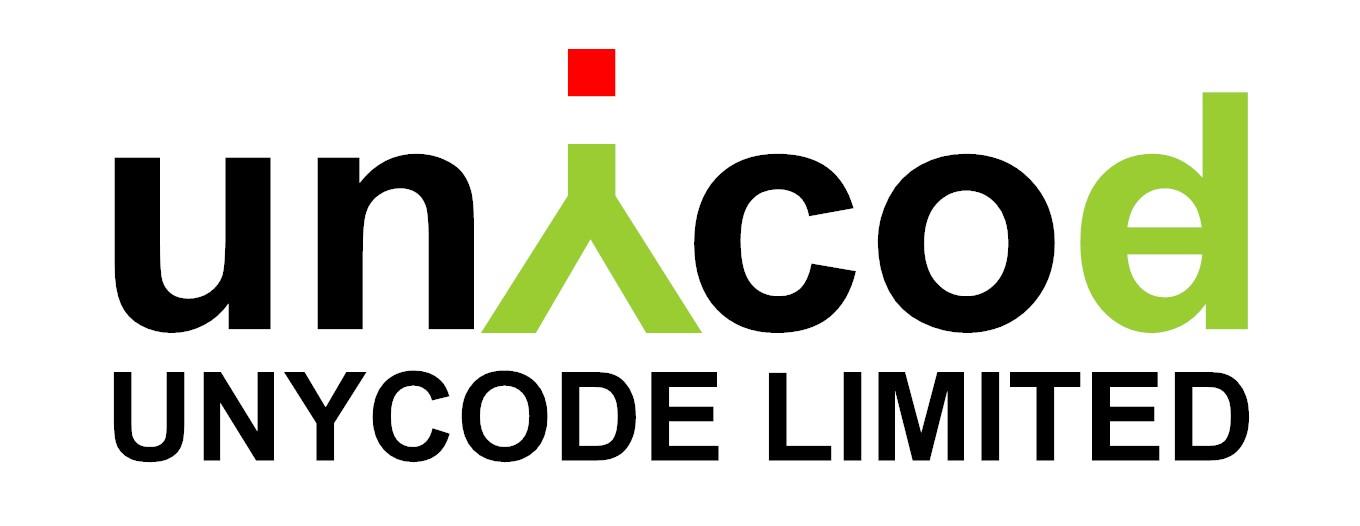Ready to unlock your superhuman memory?
Challenge yourself with our interactive memory game and put these techniques into practice. Compete, improve, and have fun!
Remembering to Remember
How to Overcome Absent-Mindedness
- Engage Deeply: Our memories are strongest when we connect new information to sights, sounds, emotions, and experiences. Distraction leads to shallow encoding—so focus and interact with what you want to remember.
- Make Connections: Mind-maps and visualization help link ideas together. When you forget, try to recall the context or environment where you learned it.
- Chunking: Short-term memory can only hold 5-9 items. Group information (like phone numbers) into meaningful chunks to remember more.
- Practice Mindfulness: Being present helps you notice and remember more. Try counting how many times you stand up in a day—you’ll see how easily we forget!
- Meditate: Mindfulness and meditation can boost your attention and memory.
Training Your Memory
Tips to Train Memory and Focus
- Switch Hands: Move your mouse to your non-dominant side. This simple change activates new parts of your brain, boosting creativity and memory.
- Stand Up: Working while standing increases blood flow to your brain, improving focus and productivity. Alternate between sitting and standing for best results.
- Exercise: Physical activity isn’t just good for your body—it also stimulates neurogenesis (the growth of new brain cells) and enhances memory.
- Limit Distractions: Make small changes to your environment to help you stay on task and avoid mindless browsing.
Protect Your Memory
What Can Damage Memory?
- Alcohol: Drinking can cause memory loss and, over time, permanent brain damage. Memories formed while intoxicated are harder to retrieve unless you recreate the same state (not recommended!).
- Aging: Cognitive decline is natural, but staying mentally and physically active slows the process. Play games, read, and exercise to keep your mind sharp.
- Repression: Sometimes, our brains block out painful memories as a defense mechanism. Understanding and addressing these can help with recall and emotional health.
Develop Your Super Power
Congratulations on Making it This Far!
Ready to take your memory to the next level? Apply these techniques—and don’t forget to play Memory PerSuite to practice and measure your progress!
These strategies work for everyone—adults and children alike. Imagine your child with super memory capabilities!

